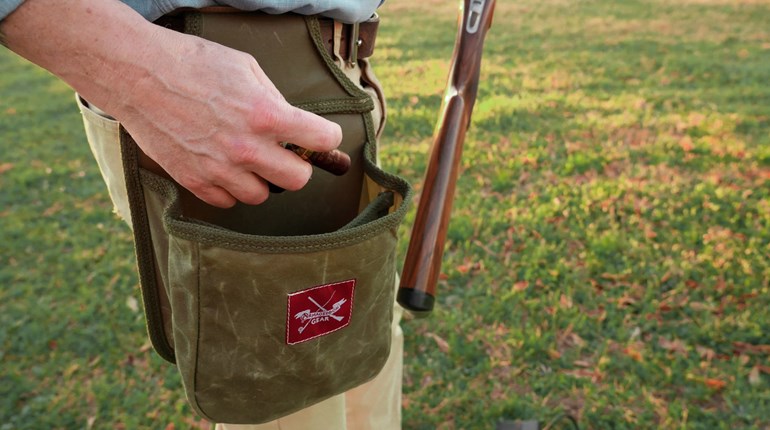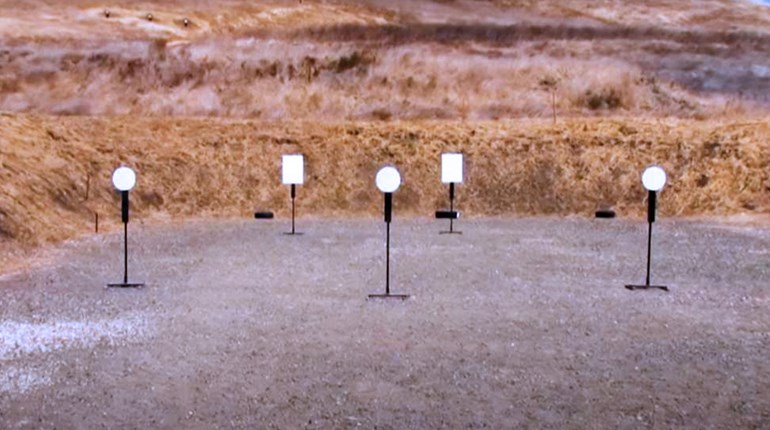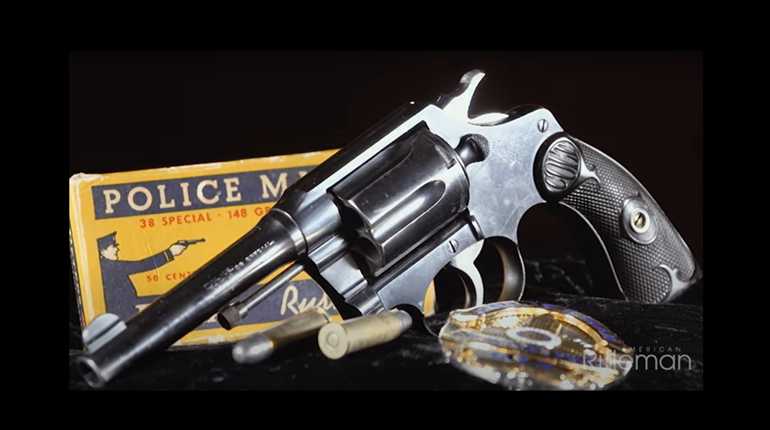
Many men that enjoy hunting often dream of sharing a deer stand, duck or turkey blind, or walking behind a bird dog with their wives. I am among them, and early in my marriage I enthusiastically encouraged my wife to join me on my hunting jaunts.
I knew I thoroughly enjoyed being afield and I felt she would too. In fact, I thought that if she enjoyed hunting even half as much as I did, it would mean more time together and more time I was able to go hunting without the guilt of leaving her at home when I headed for the woods or waters.
In my zeal to bring my wife into the hunting fold, I made five mistakes that almost cost me my lifelong hunting partner. Looking back, those mistakes were totally avoidable. My hope is that any spouses out there attempting to bring their significant other into the hunting tradition will learn from my mistakes.
Mistake number one---Making assumptions
As experienced hunters we forget what we already know and assume that everyone knows certain things about hunting. For instance, I assumed my wife knew better than to step on dry leaves and sticks. When she cracked the first one that ended up sending a nearby deer bounding away, the hunt turned sour and it was my fault for assuming she knew how to walk in the woods.
Other things to never assume your spouse knows include:
Planning ahead so that restroom breaks don’t occur soon after getting settled in a stand for the hunt. Encourage good planning so that when prime activity is about to commence, a potty break is not a disrupter.
Keeping the firearm at ready so movement is minimized. Experienced hunters know how to have our firearms ready but not such that our arms are worn out from holding it in position forever. Teach your spouse how to rest it on the shooting stick, tree stand rail or even cradle it, but having it pointed in the general direction of where you expect to need it.
Moving slowly and only when the animal is not watching. Teach your spouse that, when an animal has its head behind a tree, that is the time to move into position to shoot.
Mistake number two--Not getting my wife’s input on the hunt plan
This is critical. If your spouse is not invested, then you will see them lose interest pretty quickly. Taking the time to get your wife or girlfriend’s input on the hunting plan ensures that you both are on the same page and both of you have the same expectations. These expectations include the amount of time in the field, the time that one needs to awaken to get ready and travel to the location, and time of arrival back at home. You may think it is fun to wake up at 4 a.m. and go sit for six hours in a cold deer stand and maybe see something. Your spouse may consider that to be torture.
Mistake number three--Not prepping my wife for the conditions in the field or on the water
Uncomfortable spouses don't want to hunt that long. Take a nice seat for them to sit on in the stand, on the ground, or in the blind. Make sure the weather and the clothing worn match. Teach your spouse to layer clothes so that they remain warm and can remove a layer if conditions warm up. Outfit them with their own clothing that fits well. Comfort in the field had a direct relationship with the desire to keep going hunting with you. Don’t make the first few hunts a hardcore survival challenge!
Mistake number four—Not fully explaining what to expect before the shot
Our spouses deserve to be coached and mentored with kindness. We should make sure they are comfortable with using their firearm. We should explain where we expect the game animal to show up (but let them know that is not a guarantee), how close they might be and when and at what angle should they be shot. Not taking care of these details can be disastrous as poor shots equate to lost or wounded game—and a negative experience afield.
Mistake number 5--Not explaining what to expect after the shot
Those of us who are experienced know what to do once we shoot an animal. I never told my wife what to look for in a deer's behavior once she pulled the trigger when I put her on stand for her first solo deer hunt. The first deer she shot ran off as she was busy reloading her gun.
Frustration arose because she had no idea which way the deer went or whether it was hit hard because she was busy reloading. That made the initial tracking job tough until I found blood. I was frustrated too, which was not a good experience for either of us. It was totally my fault for not explaining to her what to look for and what to do after shooting.
My wife still enjoys hunting. But the first few hunts were not as enjoyable for either of us and I think there was a time she considered just staying home because of these five mistakes. By never assuming your spouse knows what you know, coming together to plan your hunt, prepping them for the hunt, explaining to your spouse the expectations before and after the shot, you will gain a lifelong hunting buddy that won’t mind when you are gone all the time because they will be gone with you! I suspect a couple that hunts together will grow even closer and hunt even more.







































